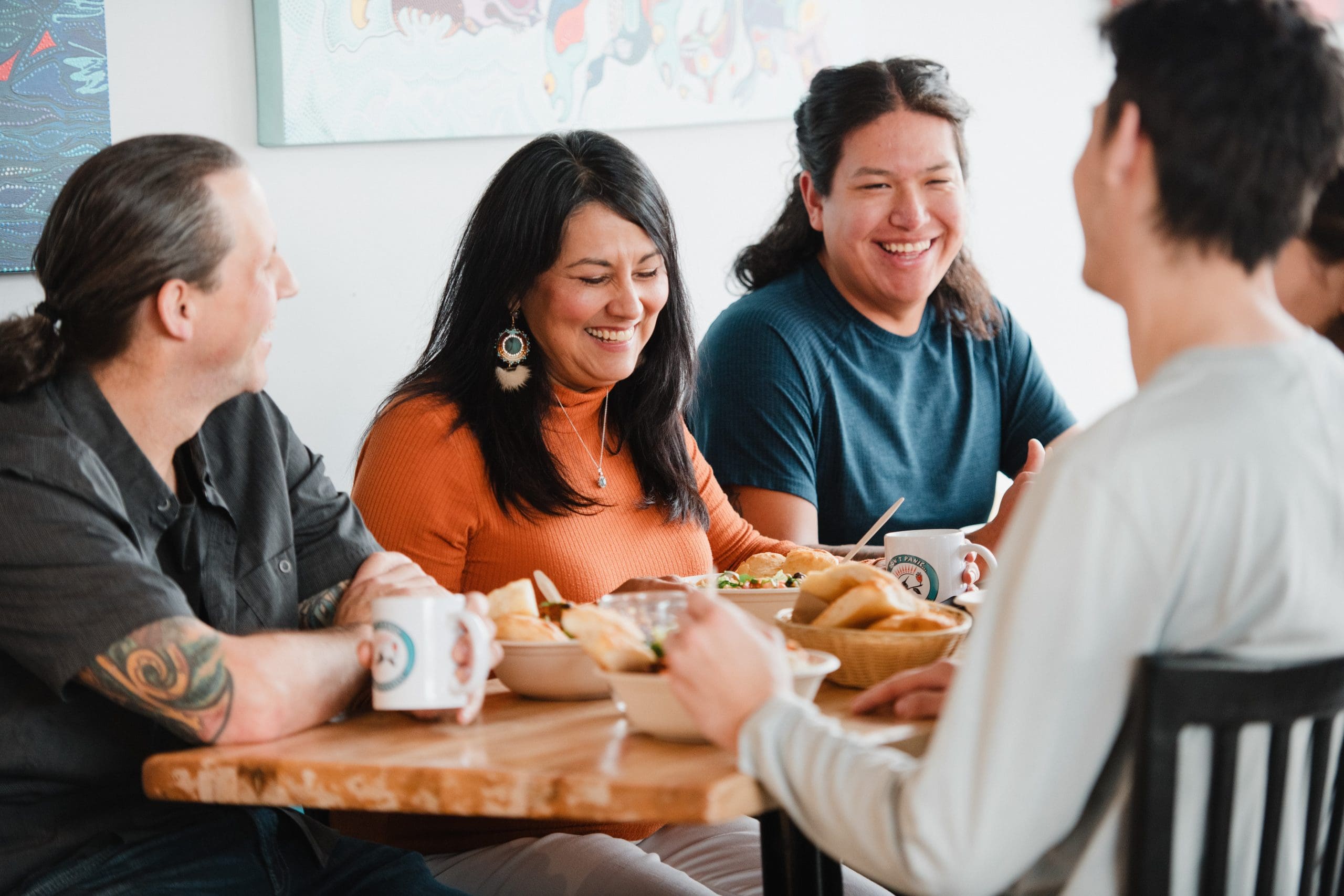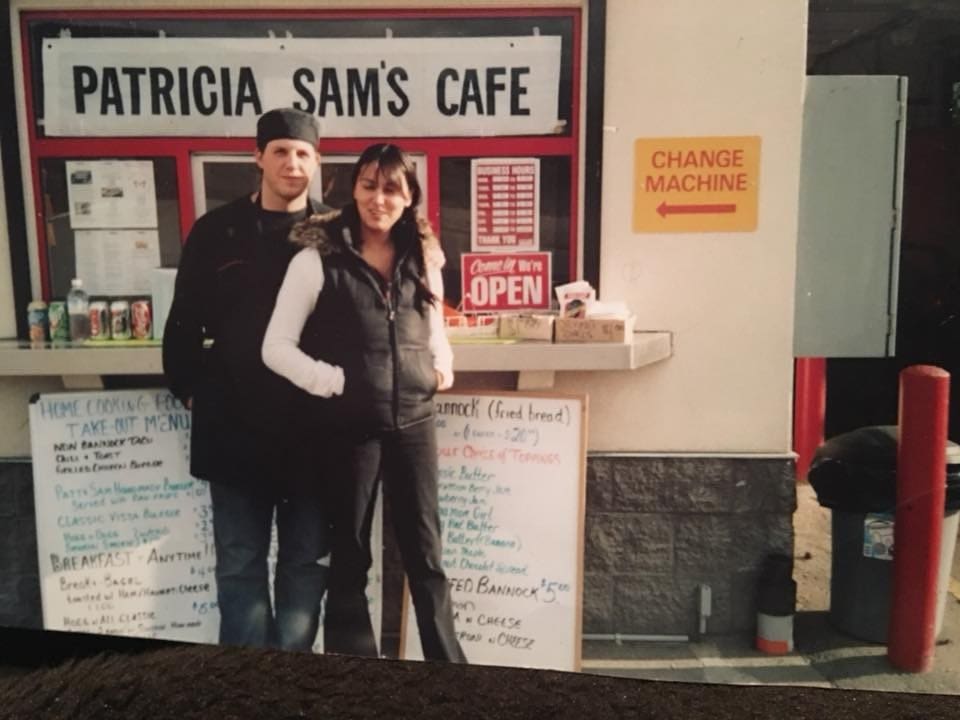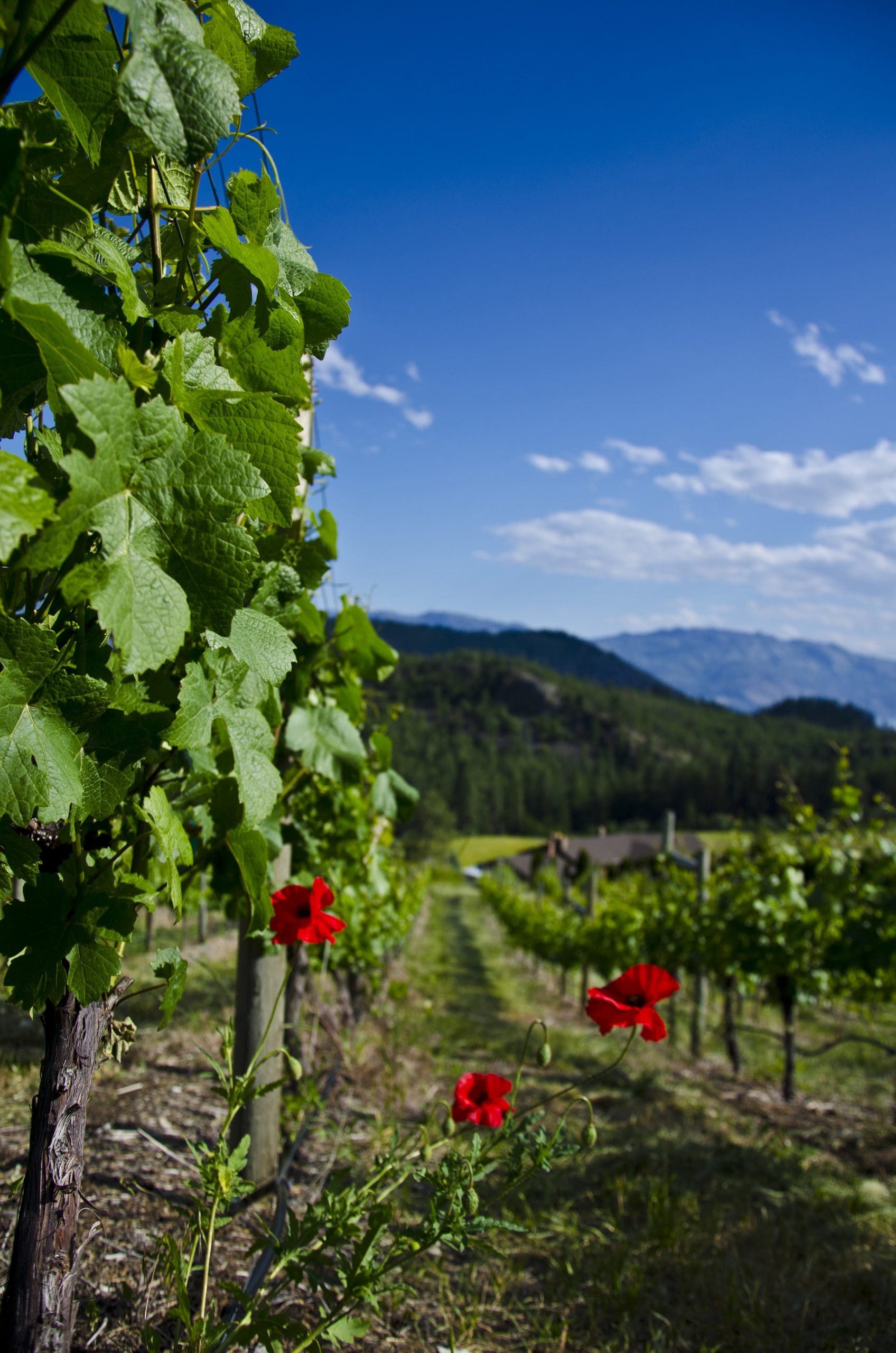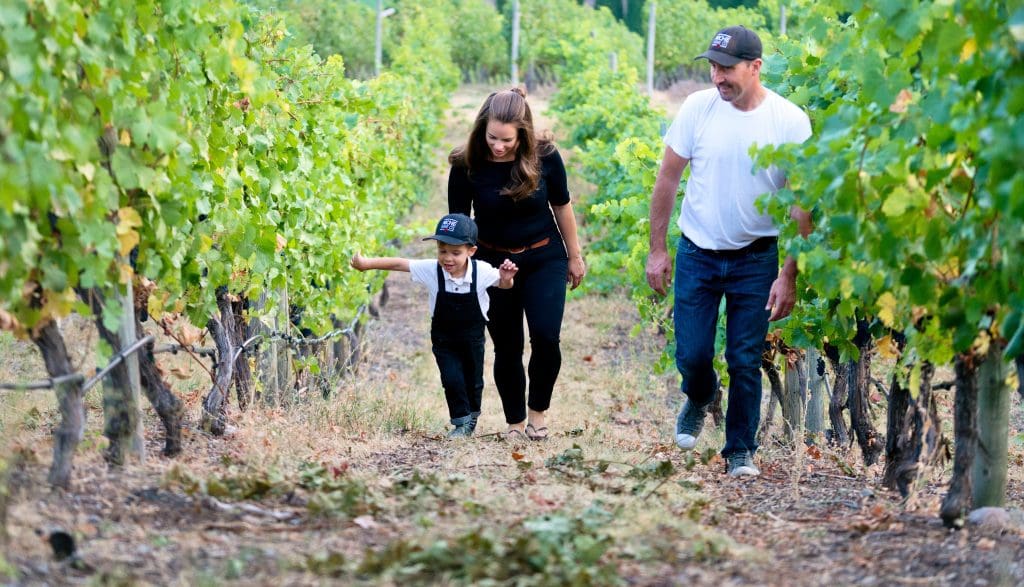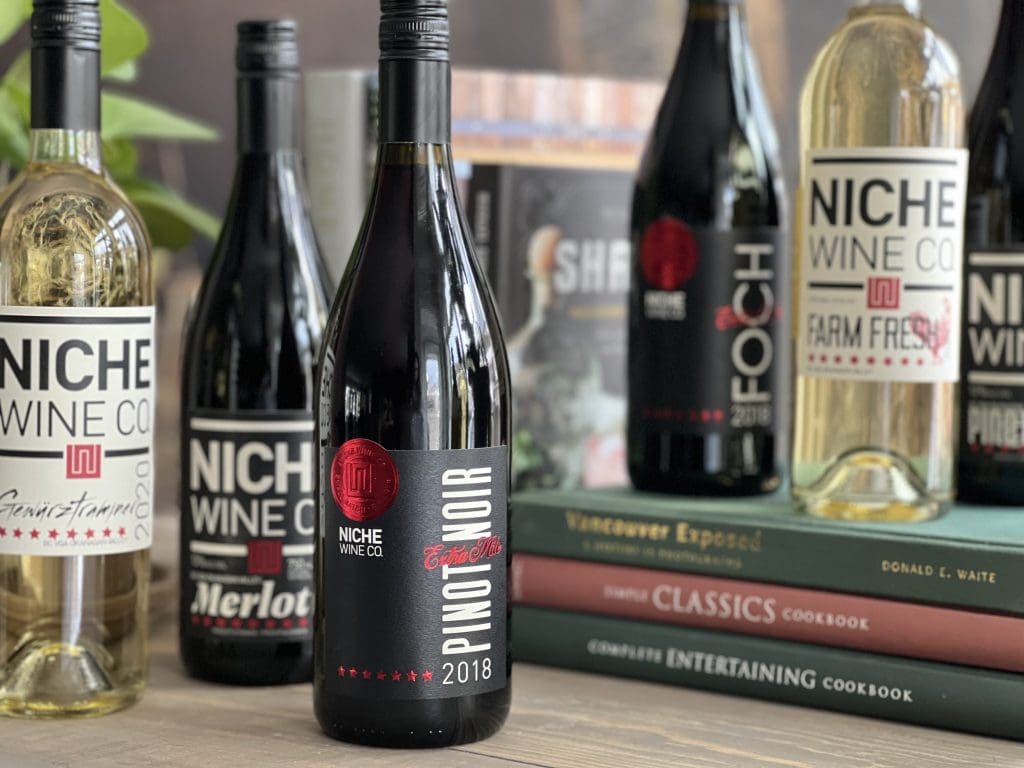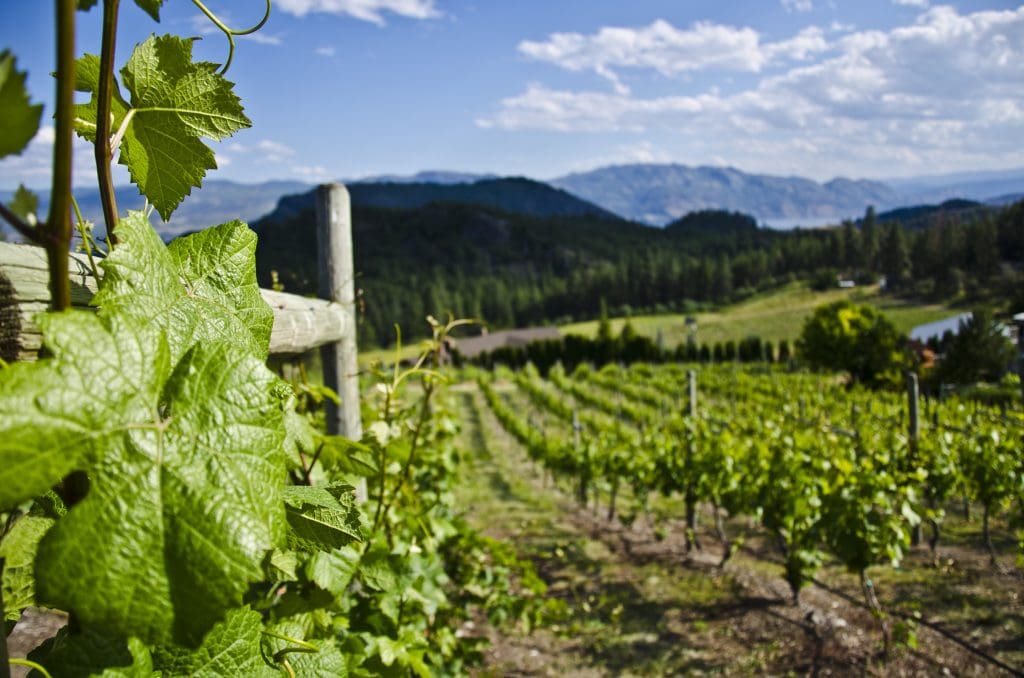In nsyilxcən, the language of the syilx / Okanagan People, ntityix is the word for spring salmon, one of the four Food Chiefs responsible for all creatures in the water. The salmon also represents economic issues in the life of a community, as the cyclical nature of its life mimics the ups and downs of our modern economy. Similar to how salmon overcome barriers to ensure the success of their offspring, Ntityix Development Corporation also pushes boundaries and strives for the prosperity and well-being of current and future generations.
The company was originally established as Westbank Indian Band Development Company in 1973, marking one of the many steps the community took to reclaim its future and self-governance. Between the 1970s and early 1990s, predating Westbank First Nations’ (WFN) tax code, the organization had its first foray into development, building over 200 homes. In the ’90s, it expanded with forestry and construction divisions. By 2005, all divisions were incorporated under WFN Holdings Ltd., which was reorganized and rebranded as Ntityix Development Corporation in 2014.
These changes have allowed Ntityix’s management team to refocus its energy, resulting in improved performance, increased momentum, and more meaningful strategic work with community members and WFN Chief and Council. The company’s business objectives are closely aligned with community goals.
The company’s portfolio includes resident and commercial real estate, forestry management, construction management, and professional services. Significant partnerships on the real estate side include a 40% stake in Snyatan Shopping Centre, a 94,000 sq. ft. development with numerous retail spaces, and a 50/50 partnership with Churchill International Property at Okanagan Lake Shopping Centre, featuring 127,000 sq. ft. of retail shops.
As one of the fastest-growing regions in Canada, the area continues to see the development of new land parcels. Looking ahead, it’s all about community enhancement and sustainable growth. The company recently remediated existing rentals and will be building new townhouses, which will offer affordable rentals to the community.
They are also modernizing Lakeridge Park and extending subleases for stable revenue, rebuilding infrastructure, and pursuing small development permits for housing. Future possibilities may include higher densities and other types of developments in the area. The construction group continues to grow, and the organization is diversifying its forestry activities to include value-added services, consulting, fire mitigation and remediation, pruning, and forest health.
“We keep building on the experience the company has,” says Derickson. “Through the forestry division, we have a different types of contracting revenue streams such as wildfire mitigation projects, salvaging wood and creating a remediation plan for the area that burned in 2023.”
Ntityix continues to look for additional ways to support the community and its future. The forestry side of the business already has a private bursary program for WFN members, and they are exploring opportunities to provide scholarships and participate in co-op programs within the region. They are also setting their sights on succession planning and looking for ways to train and retain the next generation of tradespeople in construction and forestry.
In recognition of its development achievements, Ntityix was the recipient of the 2020 Aboriginal Economic Development Corporation award. Presented by the Canadian Council for Aboriginal Business (CCAB), the award recognizes an organization that increases the prosperity and sustainable economic development of its community.
In 2024, the construction arm of the business, Kilawna Builders Ltd., won in the Indigenous Business category at the Greater Westside Board of Trade Key Business Awards, while the year before, they accepted two commercial office and renovation awards at the SICA (Southern Interior Construction Association) Industry Awards of Excellence.
Prior to that, in 2022, Ntityix Resources LP, the forestry division, was honoured by the Forest Products Association of Canada with the Indigenous Business Leadership Award, partly in recognition of the company’s commitment to its community and support of Indigenous employment. They were also awarded the Robin Hood Memorial Award for Excellence in Community Forestry in 2021, which included a $10,000 grant from the provincial government.
Sustainable forest management, building with mass timber, and hiring the right people as they expand their team are just a few of the things that are top of mind for Ntityix as they consider future projects and growth.

“Everything used to be run with Chief, Council, and Westbank First Nation Staff,” explains Ntityix Business Development Officer, Nelson Derickson. “After 2005, the company started getting its own staff and separate offices, followed by the addition of independent directors and officers in the last 8 years or so.”
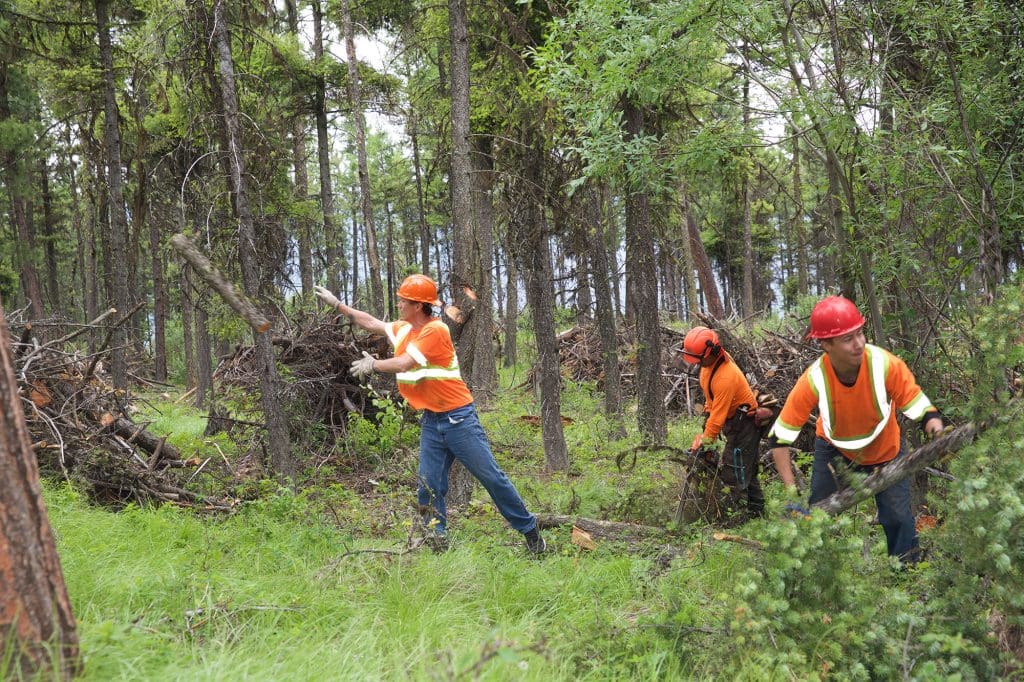
“We’re here to support the financial success, as well as the health and wellbeing, of WFN members,” notes Derickson. “We strive to make the community a healthier place by providing jobs, diversifying revenue streams, and developing partnerships that increase revenue and lead to future opportunities.”


